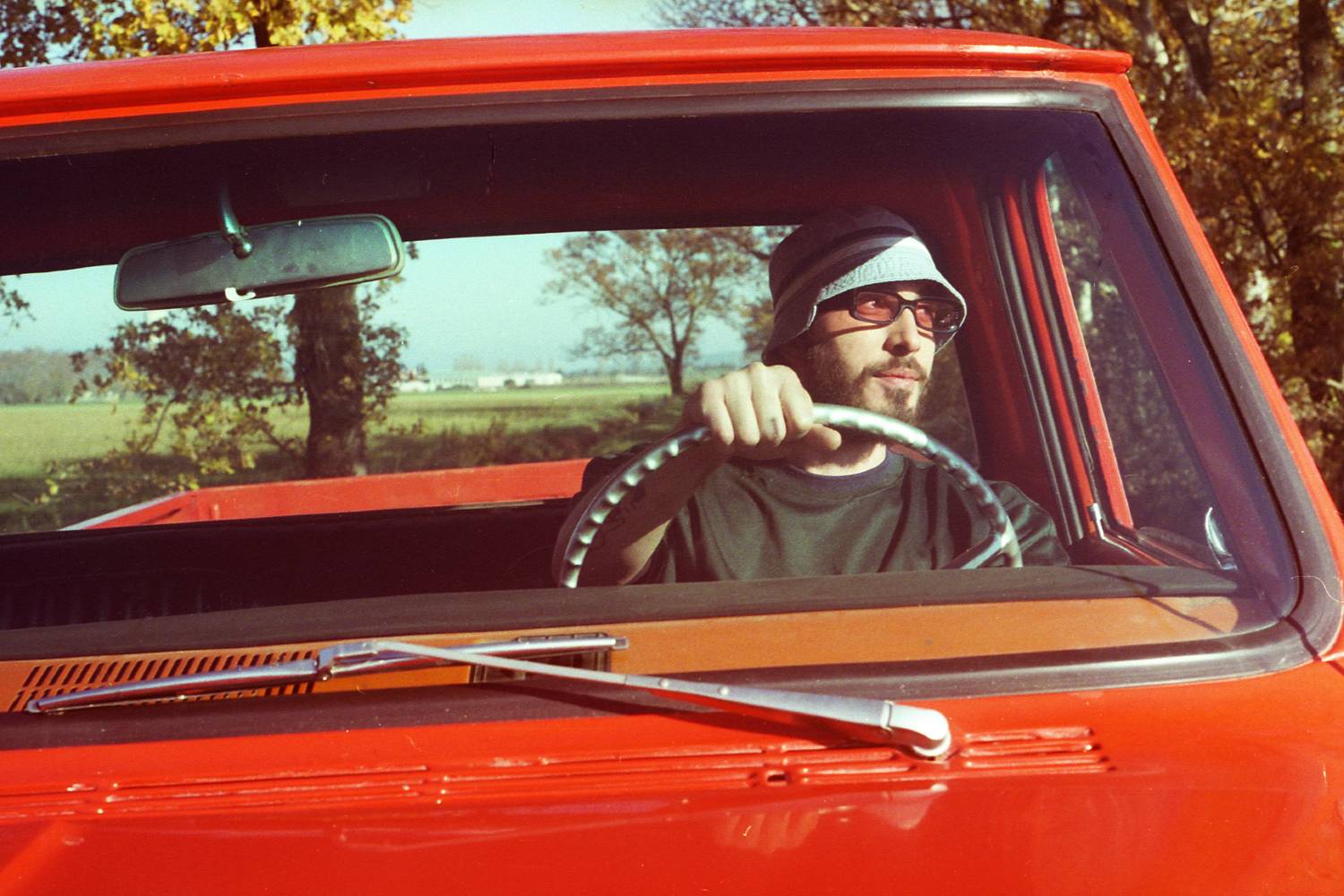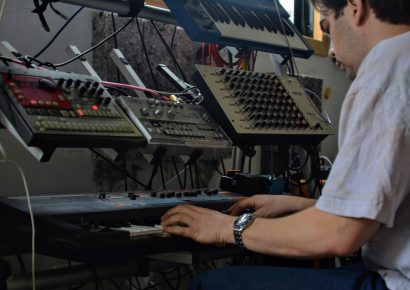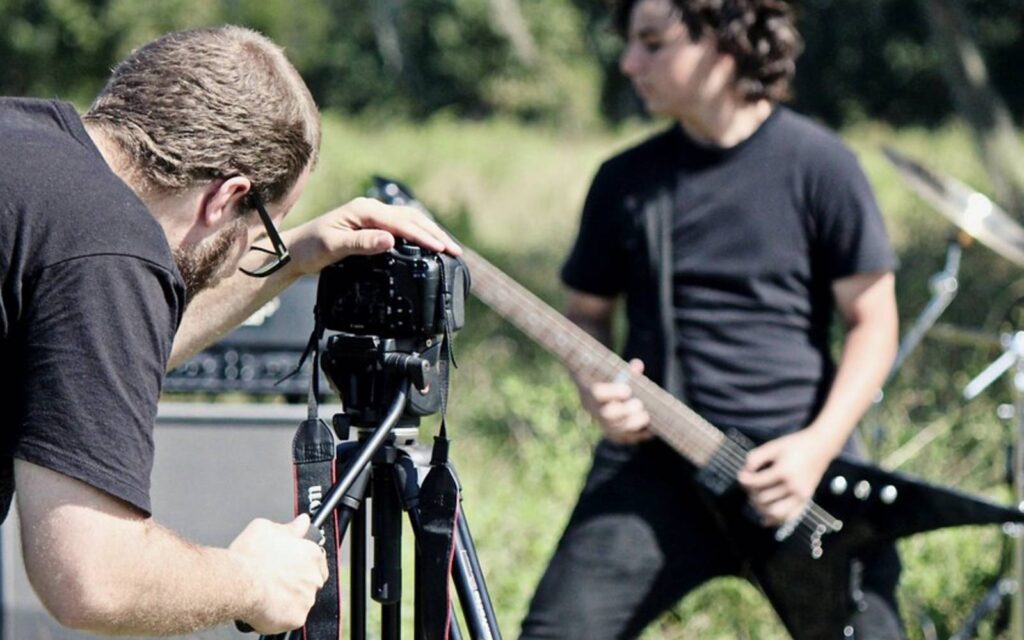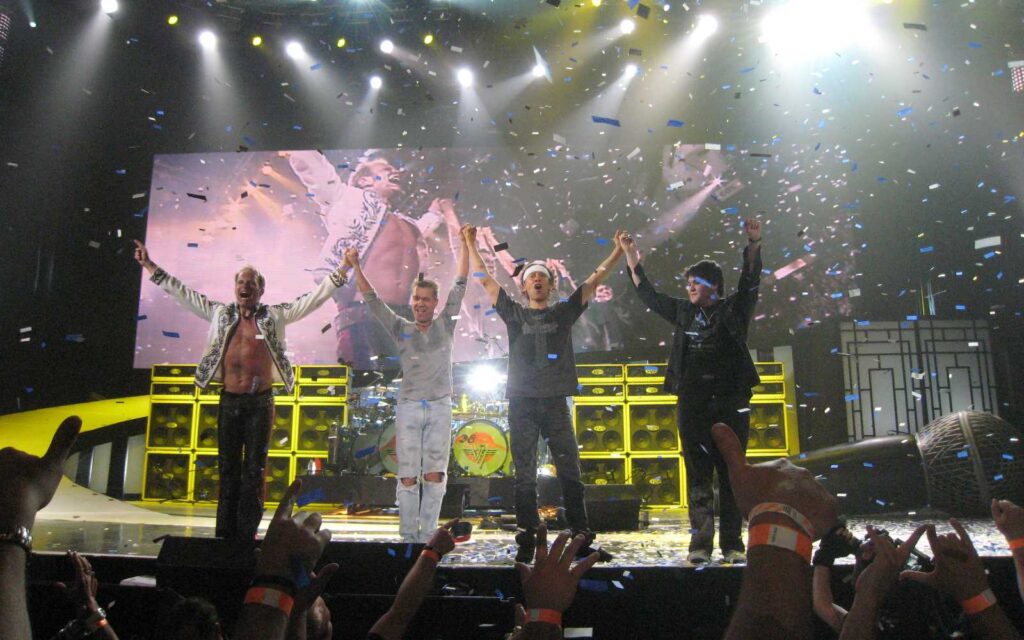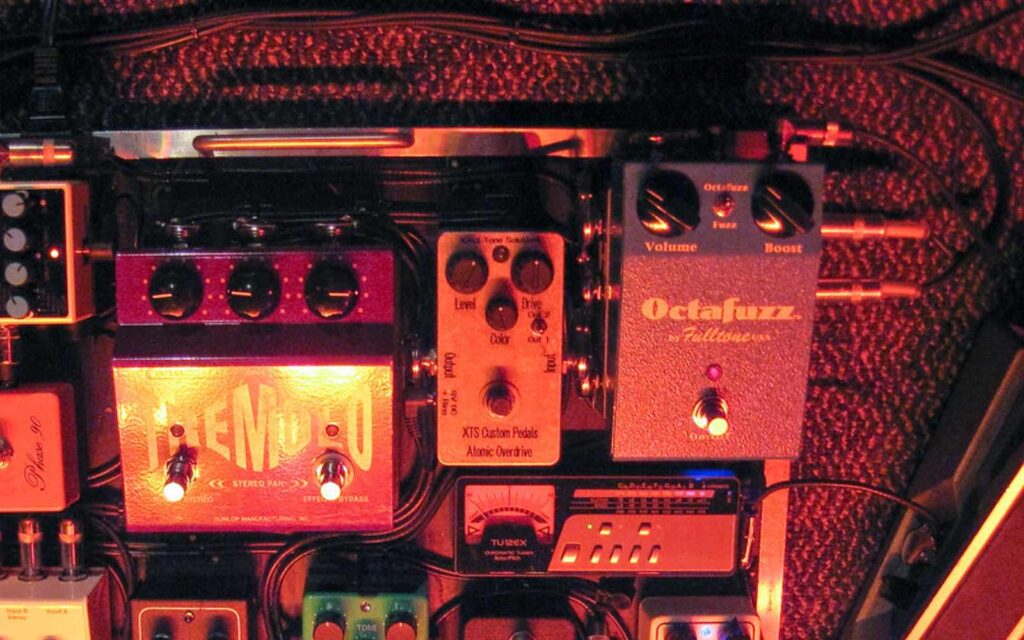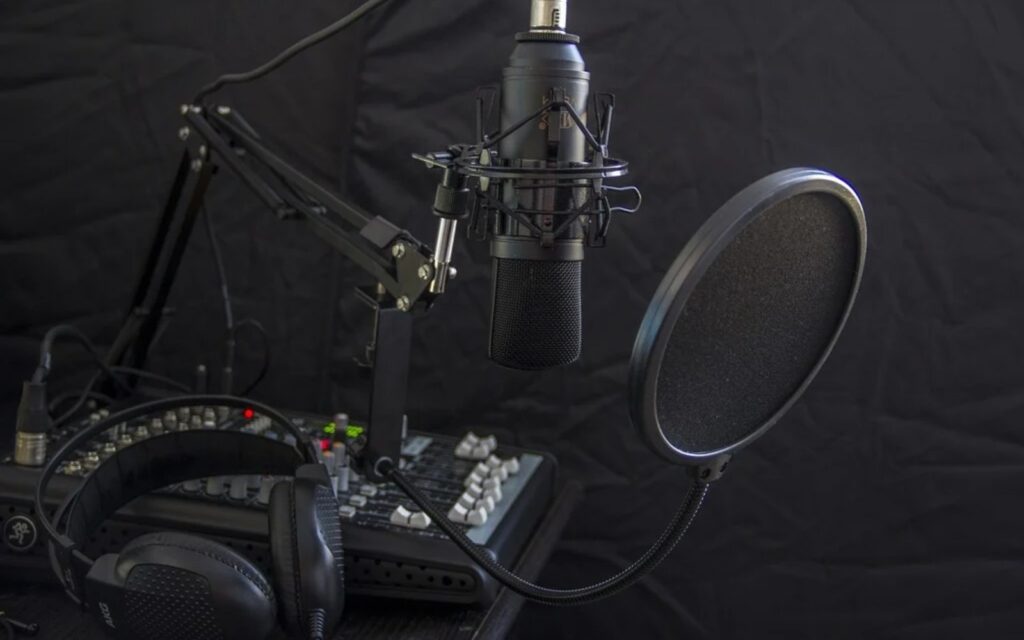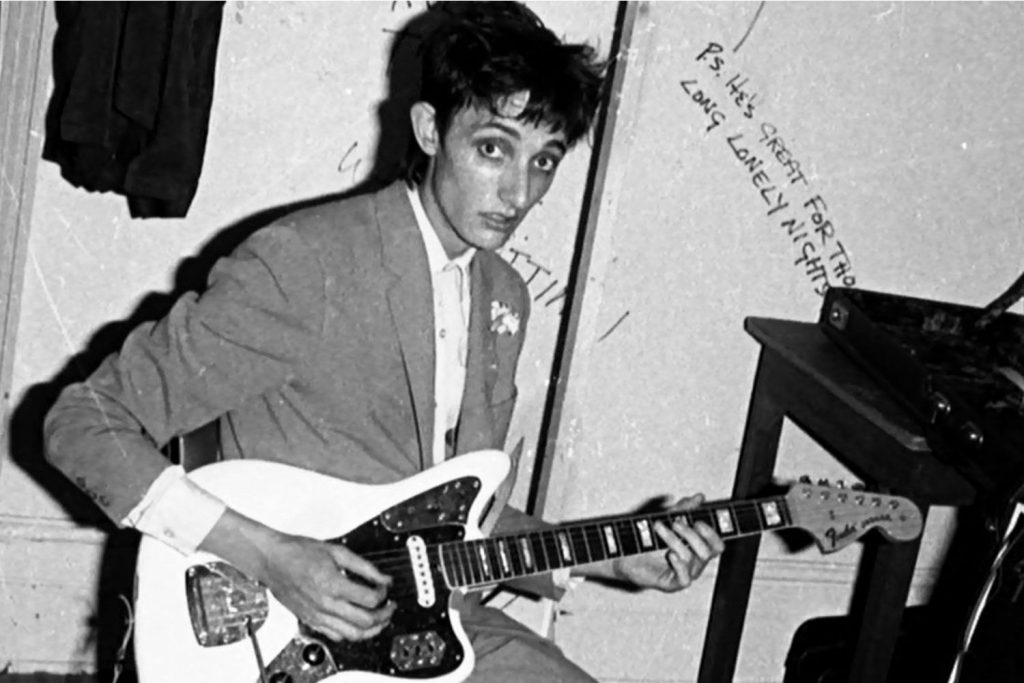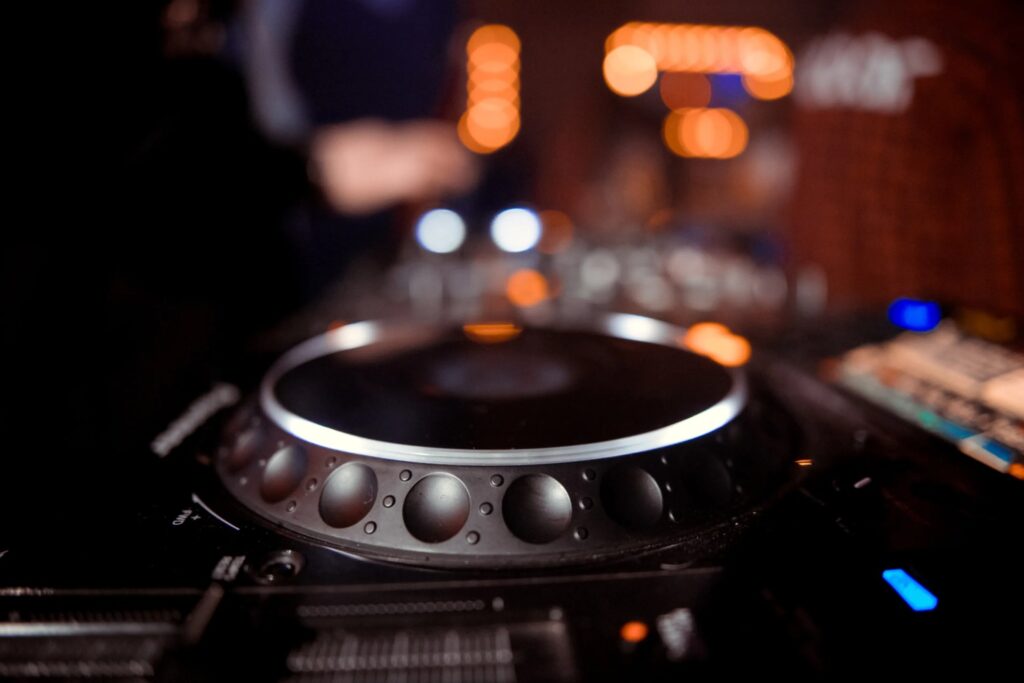Plus he outlines his favourite pieces of gear.
French producer, DJ and artist Folamour burst onto the scene in 2017, releasing music with labels Glitterbox and Classic Music Company. His 2019 Boiler Room set which featured a play of ABBA’s classic ‘Gimme Gimme Gimme’ exploded online and further enabled him to tour the world including here in Australia for Pitch Music & Arts Festival. He runs two record labels, his self run FHUO (For Heaven Use Only) and Moonrise records alongside friends Ethyène, Kaffe Crème and Okwa.
With his third album The Journey finally out in the world, Folamour chats with Mixdown about singing on the record, comparing COVID lockdowns to Dragonball Z and much more!
Read more features, columns and interviews here.
Congratulations on the release of The Journey – the album knocks, and it’s awesome to hear you back at it again. Tell us about the making of the record – when did you start recording the album, and when did sessions wrap up?
Thank you, I’m happy to release new music again, despite few singles here and there, it feels like an eternity since my second album. I started writing and recording The Journey right after finishing Ordinary Drugs. I’m always creating music so usually when I finish a project I start the next one. This one took a long time because I spent 2019 on it and when the first lockdown happened in France I was sure the album was finished, but I decided to take the time I had been offered to keep working and in the end, I added 4 songs to it which are some of the ones I’m the proudest of.
I know that you spent a bit of time working on the album during quarantine, and that you actually had finished the album prior to COVID, but took to working on it again during isolation. How did you find that experience? Did you learn anything about your own personal music-making process?
It was a great experience. Sometimes I regret I don’t have “A Room of Spirit and Time” like in DragonBall Z, a place where I could go to spend months creating music while only few minutes have been spent in real life and it was a bit how it felt to finally have a proper amount of time to try new things. I learned a lot then, when I started to write songs to sing on myself, it’s something very special that I wanted to do on this album but I wasn’t finding enough time while touring to do it properly.
Tell us about some of the guests on the album – ‘Lost In Space’ with SG Lewis is particularly one of my favourite tracks. Can you fill us in a bit on how that collaboration came about?
It came about naturally like all features on the album. I always loved SG, I was feeling how his music evolved through the years and I think we are on different paths but with similar minds and I appreciate that. We played together at Printworks in February 2020 and I was staying in London to record vocals the whole week. Someone cancelled a session and I found myself with a full day of studio with nothing in mind to record. I wrote to him, asking if he was up to come down and try something together and he agreed instantly. The whole process of writing the lyrics and the toplines was so smooth, we knew it was supposed to happen.
The Journey aims to tell an autobiographical account of the last two years of your life, and it sounds like you’ve experienced one hell of a journey during that time, both professionally and personally. Can you tell us how the music of the album conveys that story?
Yes, the last few years have been pretty special, full of joyful ups and tough downs. I had to leave France for personal reasons at the same time I started touring intensively, I moved to London and then everything started to fall into pieces in my personal life. I wasn’t able to find my place there and touring started to be a daily basis with 140 shows in 2019 so I was just running all the time, not taking a day off in almost two years, producing as much as I could while being in planes all the time was exhausting.
When I started working on this album, it seemed obvious to talk about it. Everything that was happening in my life, how I was dealing with it, how it changed me on the way. All these topics were also linked to deeper thoughts, about my family, about my past and now that I listen to the album, I can feel how everything is linked together like a big web.
The record features a lot of live instrumentation as opposed to samples and programmed grooves, which I found interesting. You started to shift more towards this direction on Ordinary Drugs, but I know that you used to play in rock bands growing up – how have you found returning to this style of performance to have influenced your songwriting and production process?
I loved it, I was thinking about doing it more and more since my first album which was basically closing the chapter of sample-based music for me. I just never had the opportunity to record live instruments properly, I hadn’t got many myself back then so it was a slow process of gathering some in my studio while learning how to record and use them properly all along.
Arriving on The Journey my skills were starting to feel enough so I decided to focus on that. Recording live guitars, drums, basses, even the synths, vocals, brasses and strings, it was exciting and I love how imperfections are taking a place in the process, making everything real and beautiful. I worked with musicians for violins and trumpets to replay what I wrote but besides that, doing everything by myself felt amazing.
Paint us a picture of where The Journey was recorded, and some of the gear used across it. Was there any really notable pieces of equipment in your studio that you implemented across the record? Do you have a favourite piece of gear?
The Journey was recorded between a flat next to the Thames in London and the countryside next to Lyon, France, where I live now, in a small and very quiet house, isolated from the world. So, two very different vibes but it represents how extreme and opposite my two lives were back when I was touring, isolated and focused on my music alone somewhere half of the time and surrounded by people in cities, ready to play shows on the other half.
In terms of gears I’d say my Fender Stratocaster, my Juno 2, a mic and a Jazz Bass for most of it. I’d say my Juno 2 is my favorite piece of gear I own because it’s been with me for years now and it always finds its place on every project.
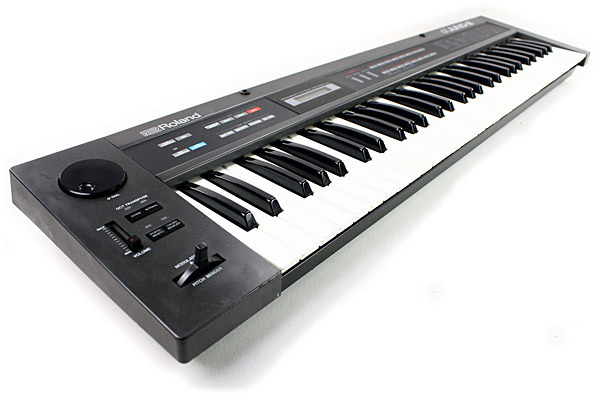
The Journey also marks the first time your vocals appear on record. What led to you featuring your own voice over the course of this particular album? Do you feel your confidence as a vocalist has improved now that you’ve done this?
Coming from a sample-based background, I’d say that the freedom allowed by writing the music, the lyrics and recording myself the vocals and instruments is a dream that I want to achieve more and more in the future, complete independence. I never produce a song just to produce a song, it always carries a story, a meaning and when I was sampling, I was sometimes limited to the material I was using to carry the message, it made it blurry or unclear sometimes and it’s too important for me to be sure what I have in mind is understood through my music, I needed to find a way and singing myself was the best one.
How have you gone about integrating the songs from The Journey into your DJ sets? Now that live music is beginning to return, do you have any plans to tour the record in any capacity? Is there anything in particular you’re really looking forward to once you return to performing?
I never played any songs from the album in my gigs yet but I’ve been waiting to do it for what seems like an eternity now. While in lockdown, I decided to work on a special show to present when we’ll finally meet again, an Audio / Visual show, adding another layer to the music I play. I worked hard with my people on this project and I’ll tour with it at some point and it’s probably the most exciting thing I want to do, touring-wise.
Finally – there’s a strong debate online that your Fly Open Air set where you drop in the ABBA track is one of the best Boiler Room moments in recent memory. Do you have your own personal favourite moment from another artist’s Boiler Room set?
No particular moment but Sadar Bahar Boiler Room probably is my favorite alongside Dam Funk Collections one, two very special moments carried by the artists’ passion for great music, I’ll never get bored of these.
Folamour’s record The Journey is out now.
